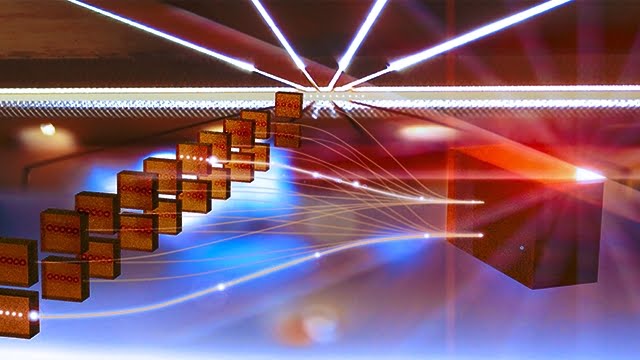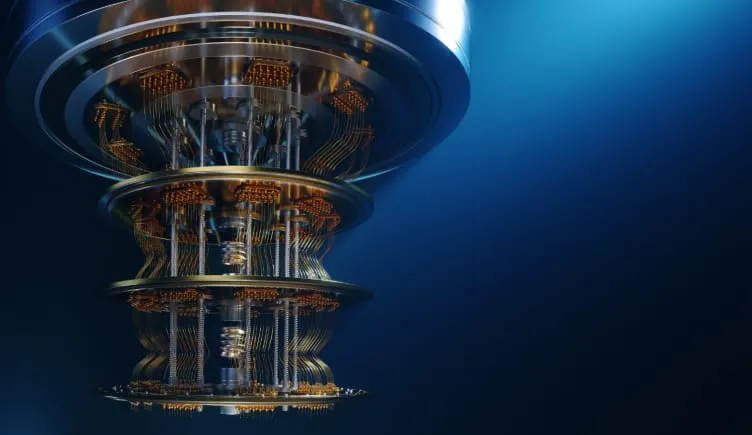Chinese scientists have made a breakthrough in quantum networking by achieving a crosstalk-avoided quantum network node using a single ion species. This is a significant step towards the future development of quantum technologies in networking, as it greatly simplifies the hardware system and reduces the cost of operations.
Limitations in Dual Species Quantum Network
Quantum computing relies on qubits, or quantum bits, as the basic unit of information. In these networks, the ion-photon entanglement is the basic unit, but it can cause crosstalk and information loss in memory qubits. To avoid this, two ion species are commonly used to entangle with photons and store quantum information. However, this dual-species scheme has limitations such as high device cost and high requirements for operations.
Quantum Network using Single ion Species
A research team from Tsinghua University has proposed a node that uses only a single ion species, but with two types of qubits. The same kind of ions in the node were encoded in two different hyperfine structure levels, one for entanglement with photons and the other for information storage. The ion-photon entanglement was generated in a typical timescale of hundreds of milliseconds, and its crosstalk on the memory qubit was verified to be negligible at the experimental precision.
Advantages of single ion species Quantum Network
This new scheme, which ensures the effect of ion-photon entanglement and information storage, has greatly simplified the hardware systems and taken a significant step towards its future development.
The achievement of a crosstalk-avoided network node using a single ion species is a significant breakthrough in quantum networking. This new scheme has greatly simplified the hardware system and reduced the cost of operations, making it a promising development for the future of quantum computing.
Discover more from WireUnwired Research
Subscribe to get the latest posts sent to your email.





